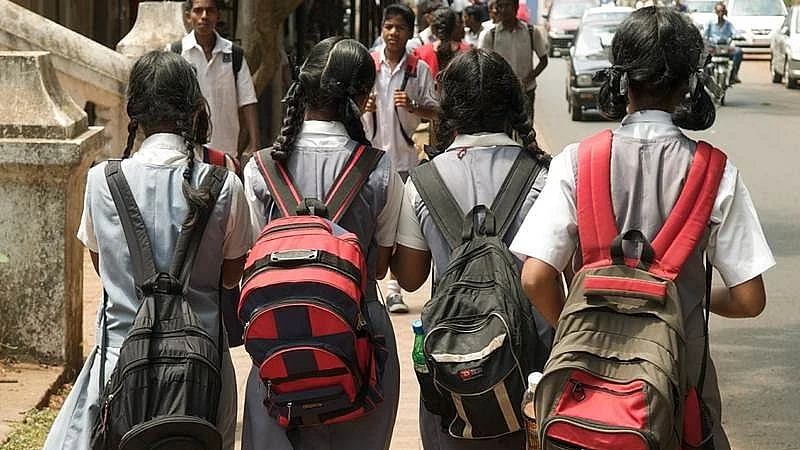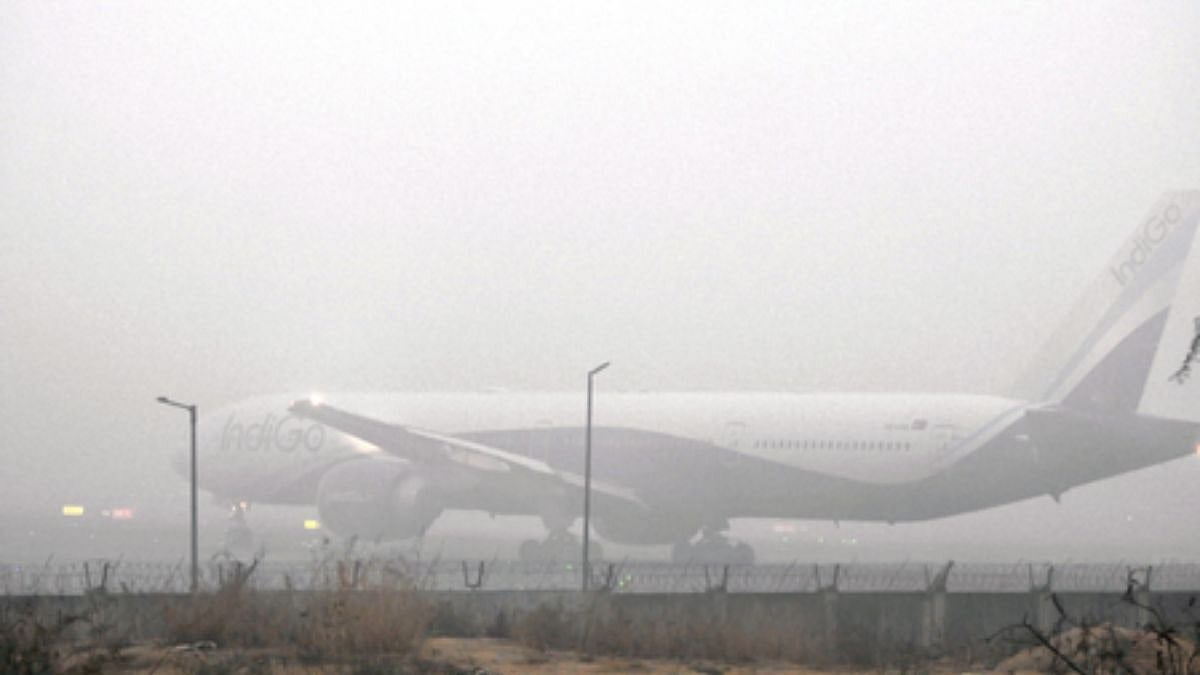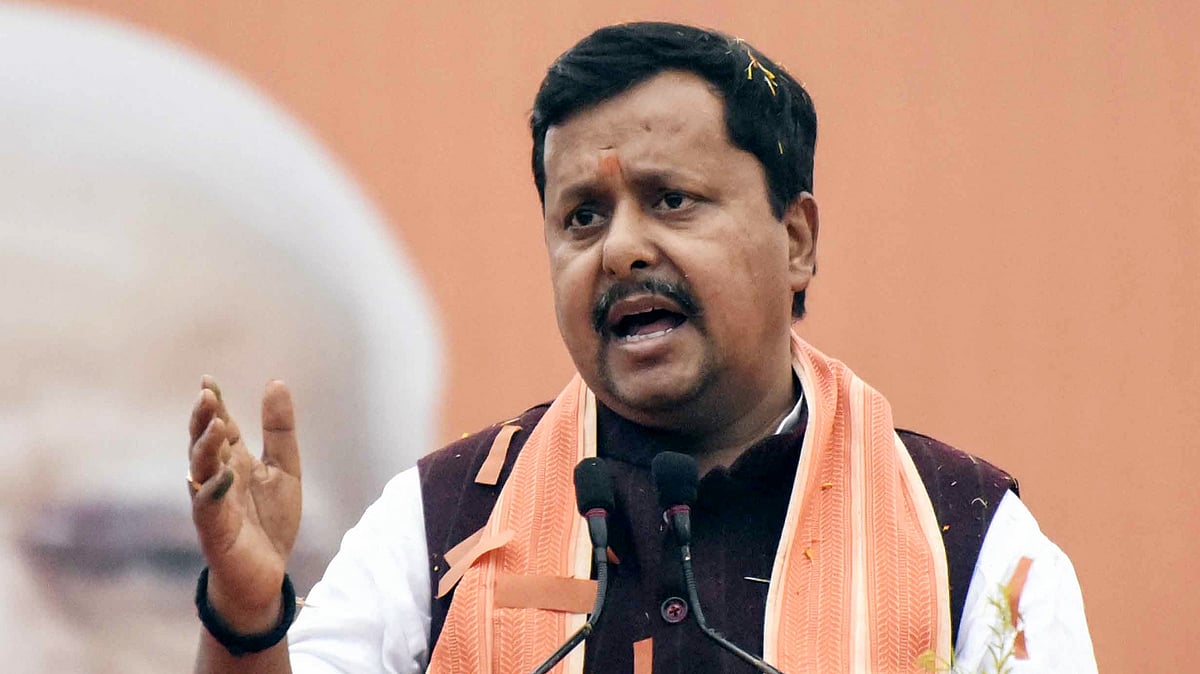Though there is no dearth of sceptics questioning the veracity of the latest GDP numbers, it is undeniable that the economy has turned for the better in the second quarter of the pandemic year 2020-21. If in the first quarter it contracted by a whopping 23.9 per cent, in the second, it shrank by 7.5 percent. Nominal GDP loss in the second quarter data which was released last week was Rs 1.98 lakh crore as against Rs 11.1 crore in the first full- lockdown quarter. The expectation is, from here on, the economy can only regain further momentum.
Manufacturing and real estate sectors, which revived in the second quarter from near-zero in the previous quarter, will pick up appreciably in the second half of the current financial year. The manufacturing sector grew 0.6 per cent in the second quarter, after contracting 39.3 per cent in the previous quarter. It may be partially due to the pent-up demand suppressed by the lockdown and also in expectation of the higher demand in the festival season.
The services sector, a major driver of the economy, too cut down losses from the first quarter. The encouraging factor is the buoyancy of the agriculture sector. It did well in the first quarter, as also in the second. The fact that the contraction in the second quarter was lower than the 9.8 per cent forecast by the RBI is significant. The worst may be over but the continuing uncertainty over the coronavirus pandemic is still a matter of concern. The recent surge in Delhi, Gujarat and elsewhere in the country needs to be watched carefully, lest it disrupts a return to normalcy.
Surprisingly, during the first half of the financial year, government spending, instead of picking up, actually contracted. Despite multiple pandemic-related relief packages, and sector-specific incentives to trade and industry, the impact on demand was rather negligible. Hopefully, as normalcy returns, economic revival will gather steam. The government has also envisaged a huge public works programme, entailing massive investments in infrastructure projects.
But the problem with the economic direction of the country is that the government continues to send conflicting signals. On the one hand, it undertakes labour and land reforms to make fresh investment attractive for domestic and foreign companies. On the other hand, it sends negative signals to foreign investors, by refusing to shed the distressing baggage of the past.
For instance, its refusal to abide by the Singapore arbitration award in the Vodafone case only serves to warn future investors against doing business in the country. Or take the not-so-secret attempts to create regulatory and other roadblocks for foreign-owned digital retail market platforms in order to grant an unfair advantage to a big industrial group which is now keen to make a huge splash in e-commerce. Without a stable, predictable and transparent environment, foreign investment will shirk from coming to India. Domestic business must learn to compete with foreign competition on fair and equal terms, and not exploit proximity to governments to gain unfair advantage.
Farmers should see reason
Whether they are justified in protesting what are essentially pro-farm sector reforms, the need for an early end to the siege of the national capital cannot be exaggerated. For the fifth day straight, farmers have sought to block all entry points to Delhi from Haryana and UP, even if the bulk of the protesters are from the Congress-ruled Punjab. Though leading farm experts have unanimously welcomed the three reform laws, suspicion and distrust among a section of the farmers fuels the disruptive stir. It now threatens to bring life in the capital to a standstill by blocking supplies of essential items from the neighbouring states.
The offer of talks by Union Home Minister Amit Shah was turned down on Sunday on the ground that it was contingent on the farmers assembling at a designated place and lifting the roadblocks put up by them. On Monday, Shah is reported to have invited them for talks without any conditions. Hopefully, farmers will try and find a modus vivendi to suspend the stir after their meeting with the Home Minister. The longer they continue to protest against the long-overdue reforms, the more likely will they forfeit the sympathy of the people.
At one level, the big farmers in Punjab are the most-pampered, getting 24x7 free power, hugely subsidised fertilisers, higher-than-market price for their produce through obligatory procurement by the state agencies and, above all, no tax on farm income. They should cut their losses and in good faith, commit to modernise farm production, instead of burdening taxpayers with a recurring bill for multiple subsidies.









